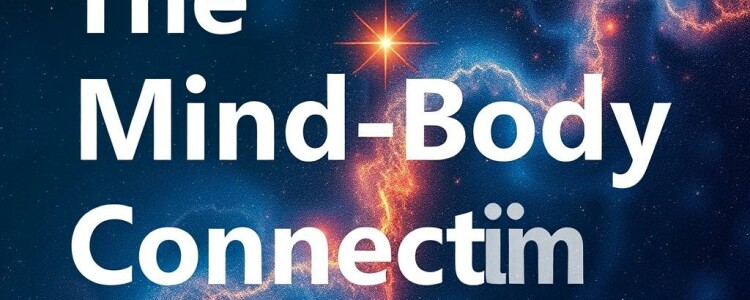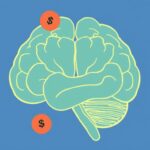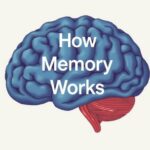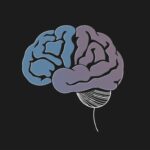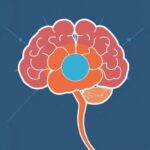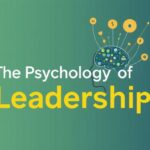When we talk about health and wellness, many people tend to separate the mind and the body, treating them as two distinct entities. However, the truth is far more intertwined and fascinating. The mind-body connection refers to the complex interactions between our thoughts, emotions, neurological activity, and physical health. Understanding this link can be transformative for overcoming stress, improving overall wellbeing, and unlocking potential that resides within us all. From ancient philosophies to cutting-edge research, the concept that our mental state influences our physical health—and vice versa—has gained widespread attention and scientific credibility.
The mind-body connection is about more than just feeling good mentally or physically; it’s about recognizing how deeply connected these aspects of ourselves truly are. When you feel stressed or anxious, your body responds with increased heart rate, muscle tension, or even gastrointestinal discomfort. Conversely, physical illness or pain can significantly impact your mood, leading to feelings of sadness or frustration. This dynamic interplay between mind and body suggests that by nurturing our mental health, we can also positively affect our physical wellbeing, and by caring for our physical body, we boost our mental resilience. So let’s dive deeper into this fascinating relationship and explore practical ways to harness the power of the mind-body connection for a happier, healthier life.
Understanding the Science Behind the Mind-Body Connection
The concept of the mind-body connection might sound intuitive, but its scientific exploration has only gained momentum in recent decades. Researchers now understand that the brain and body communicate through complex systems involving hormones, neurotransmitters, and the nervous system. The autonomic nervous system, which controls involuntary bodily functions like heartbeat and digestion, plays a crucial role in this communication. Through pathways called the hypothalamic-pituitary-adrenal (HPA) axis, the mind’s emotional state can trigger physical reactions such as the release of stress hormones like cortisol and adrenaline.
This biological feedback loop explains why chronic stress or anxiety can contribute to real physical illnesses such as hypertension, weakened immune function, and even heart disease. On the flip side, physical activity and relaxation techniques such as meditation influence brain chemistry positively, increasing endorphins and lowering cortisol levels. Understanding these mechanisms clarifies why developing awareness around our thoughts and emotions has tangible impacts on our physiological health.
The Role of Neuroplasticity in the Mind-Body Connection
One of the most exciting discoveries related to the mind-body connection is neuroplasticity—the brain’s ability to reorganize itself by forming new neural connections throughout life. Changes in thought patterns, emotional responses, and behaviors physically reshape the brain, demonstrating that mental health practices like mindfulness or cognitive behavioral therapy can restructure our neural pathways. This ability to adapt means cultivating positive mental habits can effectively “train” the brain to respond to stress differently, contributing to improvements in physical health as well.
Neuroplasticity also highlights the powerful role that intentionality plays in self-healing and personal growth. We are not helpless in the face of mental and physical challenges; instead, our brains are remarkably plastic, responding to the cues we provide them through our mindset and lifestyle.
How Emotions Affect Physical Health
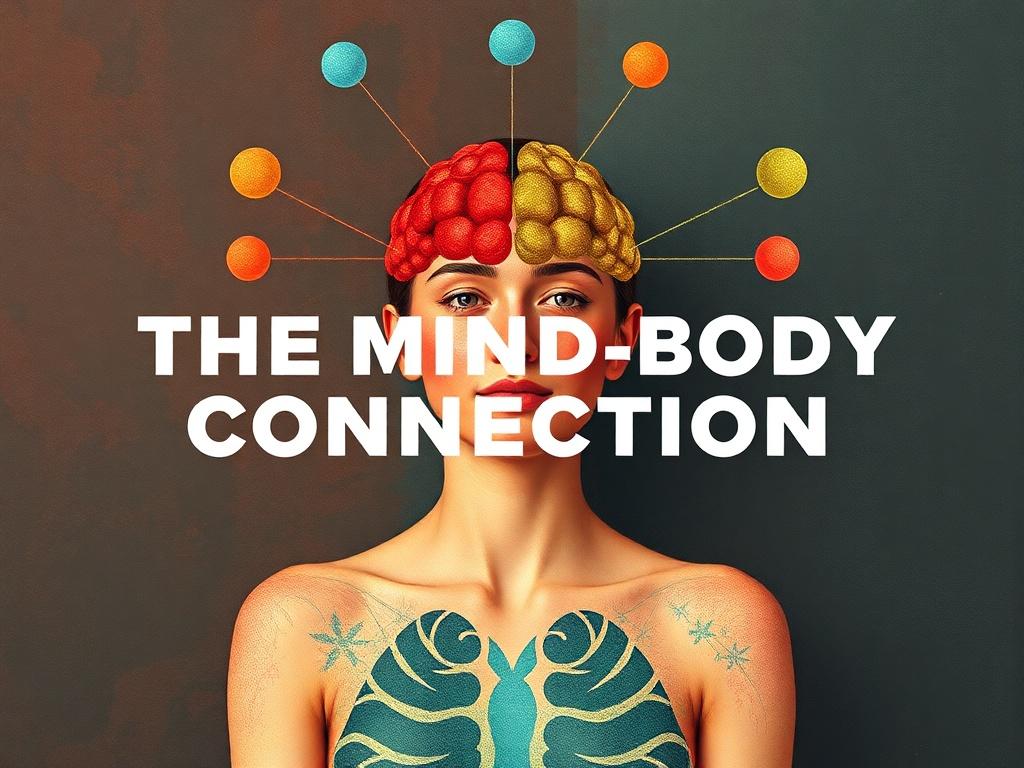
Emotions are at the core of the mind-body connection because they represent how our mind perceives and reacts to our surroundings. Positive emotions like love, gratitude, and joy foster resilience, boost immune function, and increase pain tolerance. Conversely, negative emotions such as anger, fear, and sadness can exacerbate inflammation, impair sleep, and make the body more susceptible to illness.
The impact of emotions on physical health is well-documented. For example, studies indicate that individuals experiencing chronic anger or hostility have higher risks of cardiovascular problems. On the other hand, cultivating emotional intelligence, which involves the awareness and regulation of emotions, can lead to better stress management and better physical outcomes.
Emotional Stress: The Silent Agitator
Emotional stress might not always be visible like a broken bone or a rash, but its effects can be just as serious. The body reacts to emotional stress by activating the “fight or flight” response, releasing adrenaline and cortisol to prepare for perceived danger. While useful in short bursts, prolonged activation of this response exhausts the body, leading to a multitude of health problems like digestive issues, insomnia, and weakened immunity.
Learning to manage emotional stress through mind-body techniques such as deep breathing, progressive muscle relaxation, or guided imagery can break this damaging cycle and create a state of balance and healing within the body.
Mind-Body Practices That Promote Health and Wellbeing

Harnessing the mind-body connection involves intentional practices that foster awareness, relaxation, and positive physiological changes. Here are some of the most effective mind-body techniques that have been embraced worldwide for centuries and validated by modern science:
- Meditation and Mindfulness: These practices cultivate present-moment awareness and reduce habitual rumination, lowering stress and enhancing emotional regulation.
- Yoga: Combining physical movement with breath control and meditation, yoga benefits flexibility, strength, and mental clarity.
- Tai Chi and Qigong: These gentle martial arts promote energy flow, balance, and relaxation through slow, deliberate movements.
- Biofeedback: This technique uses real-time monitoring of physiological functions to help individuals gain control over processes like heart rate and muscle tension.
- Guided Imagery: Visualization of calming or healing images can trigger, through the mind-body connection, relaxation and pain reduction.
Table: Benefits of Common Mind-Body Practices
| Practice | Physical Benefits | Mental/Emotional Benefits |
|---|---|---|
| Meditation | Reduces blood pressure, improves sleep quality | Decreases anxiety, enhances focus and emotional regulation |
| Yoga | Increases flexibility, strengthens muscles, reduces chronic pain | Improves mood, reduces stress and depression |
| Tai Chi/Qigong | Enhances balance and coordination, boosts cardiovascular health | Promotes calmness, reduces stress and fatigue |
| Biofeedback | Helps control heart rate, reduces muscle tension | Increases self-awareness, reduces anxiety and headache frequency |
| Guided Imagery | Decreases pain perception, improves immune function | Enhances relaxation, reduces stress and negative thinking |
The Impact of Lifestyle on the Mind-Body Connection
While specific practices are valuable, the broader lifestyle we lead significantly affects the mind-body connection. Nutrition, sleep, physical activity, and social connections all play critical roles in supporting this relationship. For example, a diet rich in whole foods nourishes the brain and body, improving mood and resilience to stress. Conversely, poor nutrition can lead to inflammation and mood disturbances.
Sleep is another pillar that reinforces the mind-body connection. Inadequate or poor-quality sleep impairs cognitive function, emotional regulation, and physical repair. Prioritizing sufficient restful sleep can enhance the brain’s ability to manage stress and support bodily recovery.
Regular physical activity not only strengthens muscles and bones but also releases endorphins—natural mood lifters—promoting emotional wellbeing. Even moderate exercise like walking or stretching can improve mental clarity and reduce anxiety through the mind-body connection.
Social connections, too, are fundamental. Positive relationships create feelings of safety and belonging, reducing stress levels and boosting immune function. Isolation or toxic social environments, in contrast, may heighten stress and impair the mind-body system.
Simple Lifestyle Tips to Strengthen the Mind-Body Connection
- Eat a balanced diet with plenty of fruits, vegetables, and healthy fats.
- Aim for 7–9 hours of quality sleep nightly to allow mental and physical restoration.
- Incorporate at least 30 minutes of physical activity daily, tailored to your ability.
- Practice mindfulness or breathing exercises to ground yourself during stressful moments.
- Engage regularly with friends, family, or support groups to nurture emotional health.
The Mind-Body Connection in Medical Treatment

The understanding of the mind-body connection has influenced the way medicine is practiced today. While conventional approaches focus primarily on physical symptoms and pathology, integrative medicine incorporates mental and emotional factors into patient care. Techniques like cognitive behavioral therapy (CBT), relaxation training, and stress management are now more commonly used alongside medications and surgeries.
Psychosomatic medicine, a field dedicated to studying how psychological factors impact physical illness, provides evidence that optimizing mental health can improve medical outcomes. For example, patients recovering from heart attacks who participate in stress reduction programs tend to have better survival rates. Similarly, cancer patients who engage in supportive counseling, mindfulness, or yoga often report improved quality of life and reduced pain.
The mind-body connection encourages personalized care, acknowledging that healing involves not only the body’s systems but also the mind’s capacity to influence recovery.
Case Study: Mind-Body Techniques in Chronic Pain Management
Chronic pain affects millions worldwide, often leading to frustration and reduced quality of life. Given the strong links between emotional stress, perception of pain, and physical function, mind-body techniques have gained traction as adjunct treatments. Patients practicing meditation, yoga, or biofeedback often report less pain, improved mood, and increased mobility.
This integrated approach helps break the vicious cycle where pain leads to stress and further muscle tension, worsening the discomfort. By calming the mind and retraining the body’s responses, individuals gain greater control over their symptoms. These examples underscore the power of the mind-body connection in addressing complex health challenges.
Challenges and Skepticism Regarding the Mind-Body Connection
Despite growing scientific evidence, some skepticism remains surrounding the mind-body connection. Critics may view mind-body approaches as “soft” or less rigorous than traditional biomedical treatments. It’s important to recognize that while mind-body techniques are not cures on their own, they serve as valuable complements to conventional care.
Another challenge lies in accessibility. Not everyone has equal access to education, resources, or time to engage in mind-body practices. Addressing these barriers is essential for wider adoption and benefit. Healthcare providers increasingly emphasize patient education, encouraging integration through simple, cost-effective strategies like guided breathing or walking meditation.
By building awareness and offering supportive tools, the mind-body connection can become part of everyday wellness for a diverse range of people.
The Future of the Mind-Body Connection
As research advances, new technologies such as neuroimaging and wearable biosensors offer exciting potential to deepen our understanding of the mind-body connection. We are beginning to see how moment-to-moment emotional states correlate with physiological changes and how interventions can be personalized.
Artificial intelligence might help tailor mind-body interventions to individual profiles, optimizing effectiveness. Furthermore, the integration of mind-body principles into schools, workplaces, and community programs can promote widespread health benefits, reducing healthcare costs and improving quality of life for millions.
The mind-body connection holds promise not only for managing illness but also for enhancing everyday human potential—boosting creativity, resilience, and happiness.
Conclusion
The mind-body connection is a powerful, dynamic relationship that influences every aspect of our health and well-being. Recognizing that our thoughts, emotions, and body function as an integrated whole opens the door to profound healing and personal transformation. From the biological mechanisms that communicate stress responses to the practical mind-body practices, embracing this connection equips us to navigate life’s challenges with greater balance and vitality. While conventional medicine continues to evolve, incorporating mind-body understanding creates a more holistic approach to health—one that values the synergy between mind and body rather than treating them as separate. Whether through meditation, movement, or lifestyle changes, nurturing the mind-body connection invites us to unlock the immense power within ourselves for lasting wellness and joy.

